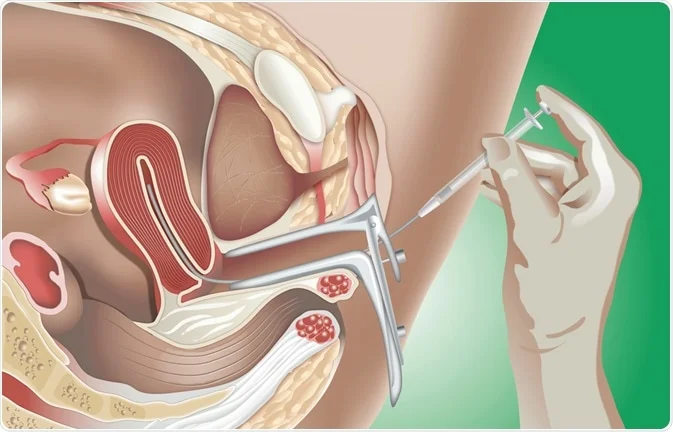In a recent feature, The Washington Informer reached out to Dr. Lee, a board-certified Reproductive Urologist, to discuss the often-ignored topic of male health and fertility. It’s surprising to learn that male factors contribute to infertility in 40 to 50 percent of couples yet seldom get the attention they deserve.
Q: Why do you think men’s reproductive health is overlooked until issues arise? Would starting a reproductive health platform for boys at puberty help?
Dr. Lee explained, “It’s astonishing when you look at the numbers. Most sperm test referrals come from women’s gynecologists, which makes sense since women typically engage with the healthcare system earlier. Unfortunately, there’s a stigma for men about discussing reproductive health, often seen as a sign of weakness. If routine check-ups for boys included more than just cursory assessments, doctors could identify potential issues early on.”
Q: Are there lifestyle changes that can help prevent erectile dysfunction and boost male fertility?
Dr. Lee noted, “There are multiple factors at play, including emotional well-being. Classic risk factors like hypertension can be problematic later in life, but younger men often ignore warning signs. Simple choices like not smoking, maintaining a balanced diet, and managing stress can significantly improve fertility and sexual health. Unfortunately, not everyone has access to healthy foods or supportive environments.”
Q: What are the typical causes of male infertility, and how painful are the treatments?
Dr. Lee shared, “Many issues stem from conditions like varicoceles, which can raise testicular temperature. The surgical repair can be uncomfortable, but patients are given pain relief. I remind men that this discomfort is minimal compared to the challenges of pregnancy. It’s a common misconception that men experience more pain than they actually do.”
Q: How does your practice help ease the anxieties men face when addressing fertility issues?
Dr. Lee emphasized, “Many men feel isolated in their struggles, especially with the constant reminders from social media about others starting families. We strive to normalize these conversations and educate couples about fertility. It’s crucial to understand that even healthy young couples face challenges, and we encourage open dialogue about reproductive health.”
You can also check out how couples like Jamie and Alex navigated their own fertility challenges in our blog post about choosing to become parents despite obstacles. Additionally, if you’re considering home insemination, the BabyMaker Home IntraCervical Insemination Syringe Kit Combo is a great resource. For more comprehensive information on assisted reproductive technologies, you can refer to this Wikipedia article on in vitro fertilisation.
In summary, male reproductive health is a critical yet often overlooked aspect of fertility discussions. By encouraging open communication and proactive health measures, men can take charge of their reproductive wellness, leading to better outcomes for couples trying to conceive.

